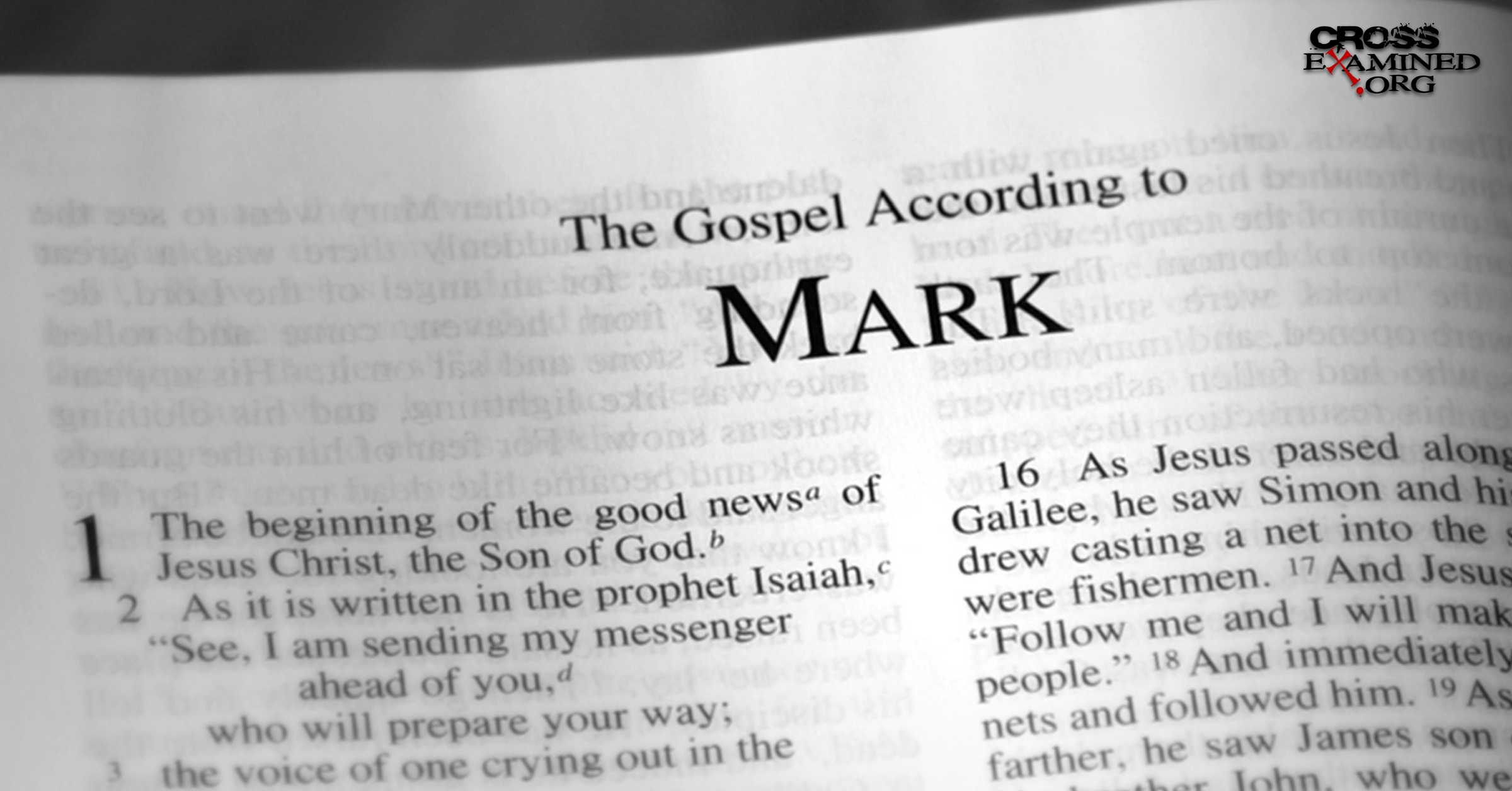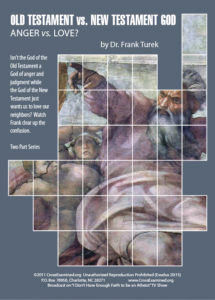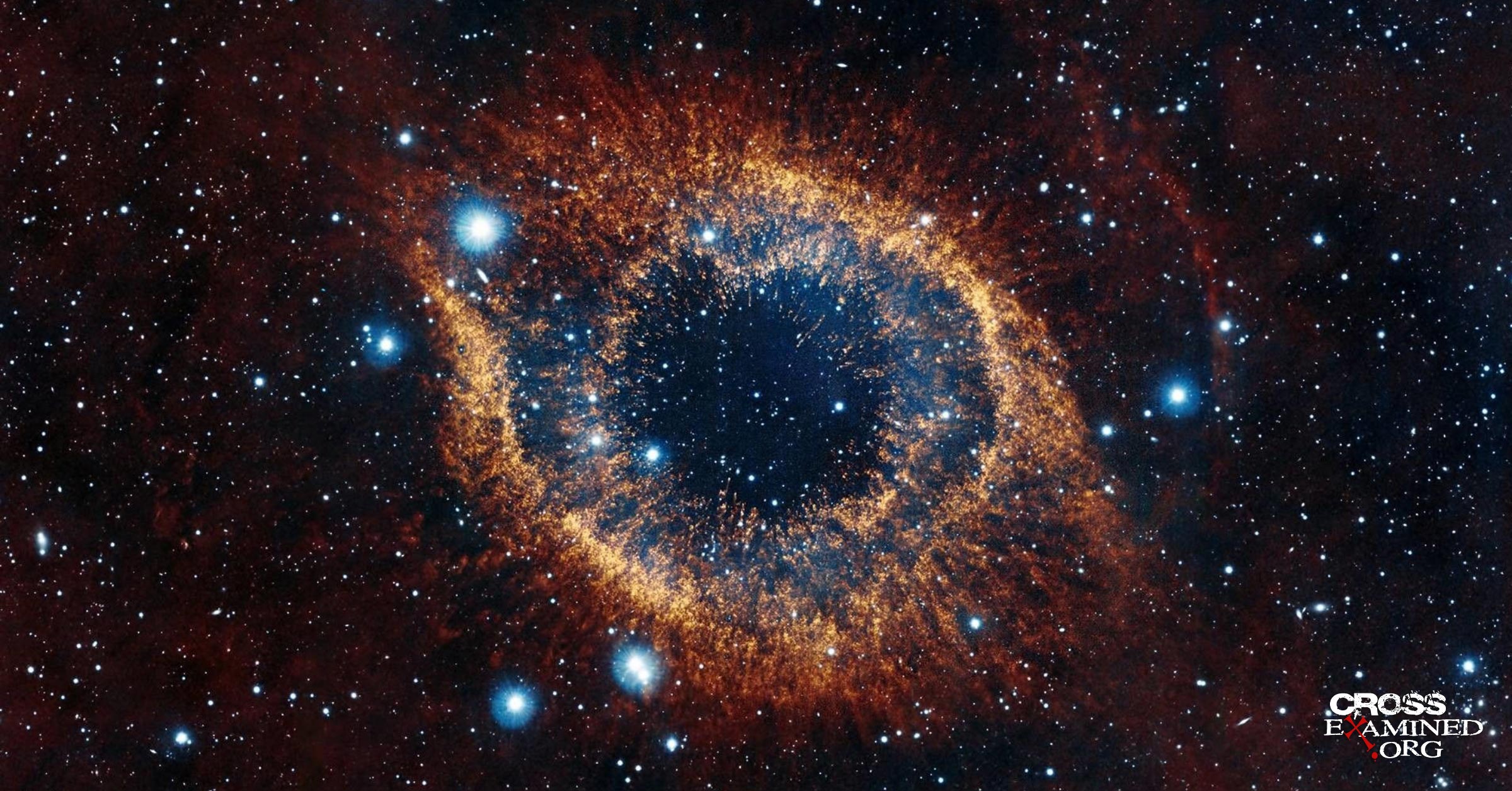By Brian Chilton
Last week, we began a series on the authorship of the New Testament documents as we discussed the Gospel of Matthew. This week, we continue our series as we consider the authorship of the Gospel of Mark. We will consider the internal and external evidences, as well as the date of the composition, and the area where Mark was located.
Proposed Author by Tradition: John Mark, who transcribed the teachings of Simon Peter, is traditionally held to be the author of the Second Gospel. John Mark was the son of a widow woman named Mary (Acts 12:12-17). The disciples met in Mary’s home. Her home may have even served as the location of the Last Supper. John Mark was also the cousin of Barnabas (Colossians 4:10). John Mark accompanied Paul and Barnabas on their missionary journeys. He was, however, scolded by Paul and was disallowed to continue after Mark left the missionaries for unknown reasons (Acts 13:13). Paul and Mark later reconciled. Paul added that Mark was useful for the ministry (Colossians 4:10).
Internal Evidence: Internally, there isn’t much to mark the author of the Gospel. The Second Gospel does hold several traits to be considered. First, the Second Gospel is fast-paced. The author uses the term “immediately” often. Second, the Second Gospel focuses on the humanity of Jesus of Nazareth often discussing his emotions. Third, the author writes with a Latin audience in mind as he explained Jewish customs and used Latin terms. Some example of the author’s usage of Latinisms include the terms census (Mark 12:14), centurion (15:39, 44, 45), denarius (a Roman coin, 12:15), among others.[1] Fourth, the author describes the man who carried Jesus’s cross as Simon of Cyrene who is identified as the father of Alexander and Rufus. Alexander and Rufus were known to the believers in Rome.[2] Fifth, the Second Gospel focuses upon the life of Simon Peter quite a bit. One of the highlights of the Second Gospel is Peter’s declaration that Jesus was the Messiah (8:27-9:1). Sixth, the author emphasizes the Messianic Secret.[3] Seventh and finally, the author describes a man who is unknown except for a bizarre instance in the Garden of Gethsemane where the unknown man is caught as Jesus is arrested, only to escape the clutches of the Roman guard losing his clothing in the process (Mark 14:51-52). Many have postulated that this unknown man is in fact the author.
While the clues are not conclusive, they do point to a man writing to a Roman audience; who directly, or indirectly, knew Simon Peter; who knew the members of the Roman church. Of the possible candidates, John Mark fits best.
External Evidence: Like the other three Gospels, the early church was unanimous in their acceptance that John Mark was the writer of the Second Gospel and that he documented the teachings of Simon Peter. Papias provides the earliest account. Papias of Hierapolis (A.D. 60-130) writes,
“And the presbyter said this. Mark having become the interpreter of Peter, wrote down accurately whatsoever he remembered. It was not, however, in exact order that he related the sayings or deeds of Christ. For he neither heard the Lord nor accompanied Him. But afterwards, as I said, he accompanied Peter, who accommodated his instructions to the necessities [of his hearers], but with no intention of giving a regular narrative of the Lord’s sayings. Wherefore Mark made no mistake in thus writing some things as he remembered them. For of one thing he took especial care, not to omit anything he had heard, and not to put anything fictitious into the statements.”[4]
Papias confirms John Mark as the writer of the Second Gospel. Irenaeus (A.D. 130-200) also writes, “After their departure, Mark, the disciple and interpreter of Peter, did also hand down to us in writing what had been preached by Peter.”[5] Thus, the early church unanimously concurred that John Mark was the author of the Second Gospel. John Mark would make for an odd candidate unless he were in fact the author.
Date: If one holds that Irenaeus’s reference to Peter’s “departure” indicates Peter’s execution, then Mark was written in the mid to late 60s. If, however, “departure” indicates Peter’s establishment of the Roman church, then the date is much earlier. It seems that Irenaeus addresses Peter’s martyrdom. However, he is writing after having received the Gospel when Mark moved to Alexandria, Egypt. Thus, the Gospel could have been written much earlier than Mark’s distribution of the work to the Alexandrians. Most scholars hold that Mark was written first, while others hold that Matthew was the first to be written. Good evidence suggests a date for Mark’s Gospel at some time in the 50s, with some even suggesting a date to the late 40s. Personally, I am comfortable with a mid-50s date.
Location and Audience: It is clear that John Mark wrote his Gospel while still in Rome. Mark writes primarily for a Roman Gentile audience. Mark could have written in Rome at any point. I hold that Irenaeus indicates merely that his community received the Gospel after Peter’s death. However, this is not a point which I strongly hold.
Conclusion:
From the evidences considered, John Mark is the only clear candidate for the Second Gospel. While John Mark was not a primary witness of the life of Jesus of Nazareth and while he does not necessarily record the events of Jesus’s life in chronological order, he does act as a scribe, or amanuensis, to Peter whom Jesus knew and selected to be an inner circle disciple. We have a great testimony preserved for us in the Second Gospel. I believe we truly have the eyewitness accounts of Simon Peter documented for us by his good friend John Mark.
Notes
[1] For a full list of Mark’s Latinisms, see Rod Decker, “Latinisms in Mark’s Gospel,” NT Resources (May 28, 2011), retrieved June 12, 2017, http://ntresources.com/blog/?p=1205.
[2] “Introduction to Mark,” CSB Study Bible (Nashville: Holman, 2017), 1556.
[3] That is, Jesus telling the disciples to keep his identity a secret.
[4] Papias, “Fragments of Papias,” in The Apostolic Fathers with Justin Martyr and Irenaeus, ed. Alexander Roberts, James Donaldson, and A. Cleveland Coxe, vol. 1, The Ante-Nicene Fathers (Buffalo, NY: Christian Literature Company, 1885), 154–155.
[5] Irenaeus of Lyons, “Irenæus against Heresies,” in The Apostolic Fathers with Justin Martyr and Irenaeus, ed. Alexander Roberts, James Donaldson, and A. Cleveland Coxe, vol. 1, The Ante-Nicene Fathers (Buffalo, NY: Christian Literature Company, 1885), 414.
Original Blog Source: http://bit.ly/2syW4fy















 LEE STROBEL 3-DISC COLLECTION
LEE STROBEL 3-DISC COLLECTION COLD-CASE CHRISTIANITY: A HOMICIDE DETECTIVE INVESTIGATES THE CLAIMS OF THE GOSPELS
COLD-CASE CHRISTIANITY: A HOMICIDE DETECTIVE INVESTIGATES THE CLAIMS OF THE GOSPELS
 OT God vs. NT God
OT God vs. NT God